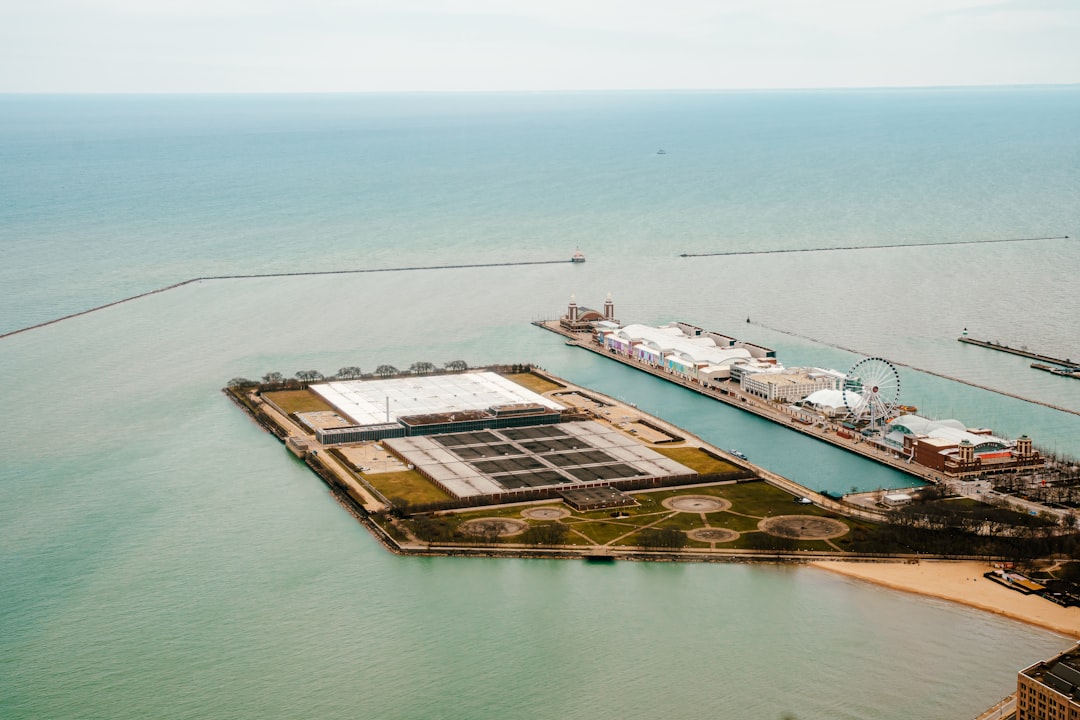Robocalls in Illinois are regulated by the Telephone Consumer Protection Act (TCPA) to protect consumers from deceptive practices, but they also raise environmental and health concerns due to energy consumption and psychological stress. Illinois residents can sue for robocalls under TCPA provisions, seeking compensation for personal harm and environmental damage. Legal recourse includes complaints to the Federal Trade Commission (FTC), damages in small claims court, and potential lawsuits through private attorneys specializing in TCPA cases. Additionally, strategies like registering for Do Not Call lists, engaging with regulators, supporting legislation, and promoting digital solutions can help reduce the environmental impact of robocalls.
In Illinois, the relentless surge of robocalls has become a pervasive issue, impacting millions. Beyond their annoyance, these automated telemarketing calls have an often overlooked environmental cost. This article explores the intricate link between robocalls and environmental concerns within the state. From understanding the impact on residents to uncovering the environmental footprint of marketing practices, we delve into legal rights and effective strategies. Learn how you might even sue for robocalls in Illinois to combat this growing problem and promote a more sustainable future.
Understanding Robocalls and Their Impact in Illinois

Robocalls, automated phone calls often used for marketing or political purposes, have become a ubiquitous and, for many Illinois residents, annoying part of daily life. These automated messages can be particularly intrusive when they’re unwanted, leading to concerns about privacy and consumer protection. In Illinois, as in many other states, laws are in place to mitigate the impact of robocalls, including restrictions on certain types of automated dialing and requirements for caller ID transparency.
While the primary focus of these regulations is on protecting consumers from deceptive practices, there’s a growing recognition of an indirect connection between robocalls and environmental issues. The extensive use of automated systems for phone marketing contributes to increased energy consumption and carbon emissions, adding to Illinois’ overall ecological footprint. Moreover, the frustration and time consumed by blocking or dealing with these calls can lead to higher stress levels among recipients, which has potential health implications. Understanding these impacts has led some residents to question if they have legal recourse against robocallers, prompting discussions on whether or not one can sue for robocalls in Illinois.
Environmental Concerns Arising from Telemarketing Practices

In the fast-paced world of telemarketing, environmental concerns often take a back seat to profit margins and customer acquisition. The frequent use of automated phone systems, or robocalls, has become a ubiquitous yet controversial practice in Illinois and across the nation. While these calls offer businesses an efficient way to reach potential customers, they contribute to significant environmental issues. The energy consumption of call centers, often powered by non-renewable sources, is a major concern. Additionally, the paper waste generated from printed marketing materials and the carbon footprint associated with physical mailings further complicate the ecological impact.
Illinois residents who experience excessive or unwanted robocalls may have legal recourse. Understanding the laws regarding telemarketing practices, including the Telephone Consumer Protection Act (TCPA), is essential for those considering taking action. If a business has violated these regulations, individuals might be able to file a lawsuit and seek compensation for the environmental and personal harm caused by intrusive robocalls.
Legal Rights and Options for Illinois Residents

In Illinois, residents have legal rights and options if they’re subjected to unwanted robocalls. According to the Telephone Consumer Protection Act (TCPA), it’s illegal for automated phone systems or prerecorded messages to contact individuals without their prior express consent. If you’ve been harassed by robocalls, you can take action.
Illinois residents affected by robocalls have the right to file a complaint with the Federal Trade Commission (FTC) and seek legal recourse through small claims court for damages, including emotional distress and time wasted dealing with the calls. There are also private attorneys specializing in TCPA cases who may offer their services if you’re considering suing for robocalls in Illinois, specifically targeting those responsible for the unwanted calls.
Common Types of Robocalls and Associated Environmental Issues

Robocalls, automated phone calls that deliver pre-recorded messages en masse, have become a ubiquitous and often annoying aspect of modern communication. In Illinois, as in many other states, residents are increasingly frustrated by the deluge of unwanted robocalls. Beyond their impact on personal well-being, these calls also bear significant environmental implications. Common types include telemarketing, political campaigns, and scam attempts, each contributing to high energy consumption due to the extensive phone networks engaged. The constant ringing, hold times, and data transfer require substantial power, often from non-renewable sources.
The associated environmental issues range from increased carbon emissions to electronic waste. Each robocall requires a physical connection and generates digital footprint, contributing to e-waste. Moreover, the energy intensity of call centers, where many robocalls originate, exacerbates greenhouse gas emissions. Given these impacts, Illinois residents who feel they’ve been wrongfully targeted by robocalls may explore legal recourse, including potential lawsuits under state or federal telecommunications laws, to address not just the nuisance but also the environmental toll.
Effective Strategies to Combat Robocalls and Promote Environmental Awareness

Robocalls, while a nuisance, can also divert attention from critical environmental issues. To combat this double threat, several strategies can be employed. First, consider registering for Do Not Call lists to reduce the volume of unwanted calls. Many states, including Illinois, offer legal protection against excessive robocalls, and you may even have grounds to sue for robocalls under certain circumstances. Engaging with telecommunications regulators and supporting legislation that restricts intrusive call practices can further help mitigate this issue.
Educating yourself and your community about environmental issues is another powerful tool. By raising awareness, you can inspire individual actions like reducing waste, conserving energy, and opting for eco-friendly alternatives. Additionally, promoting digital solutions that minimize paper usage can help curb the environmental impact of telemarketing activities. Together, these steps can foster a more sustainable and less cluttered environment, both physically and in terms of communication.






